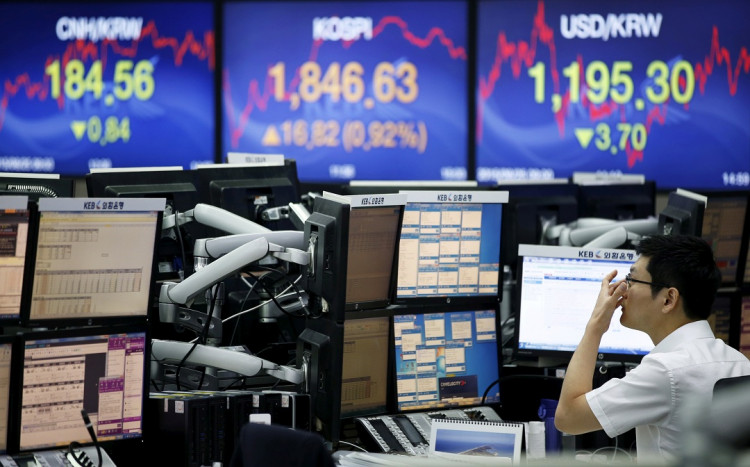To curb speculation in its newly-launched NASDAQ-style market, the Shanghai Stock Exchange has announced new rules that will essentially limit trading during unreasonable market fluctuations.
The limiting rules will be strictly imposed on the new technology innovation board called the Star Market, which was launched late last week at the annual Lujiazui Forum. The new market is scheduled to start trading within the next two months.
The Star Market will reportedly be allowed to freely trade on the Shanghai Stock Exchange without limitations for the first five days. After that, a 20 percent upside and downside limit will be imposed.
Additionally, if a company's stock on the innovation board will fluctuate by more than 30 percent in either direction, a 10-minute trading suspension will be imposed. An additional 10-minute suspension will be added if the stock rises or falls by more than 60 percent within intraday trading.
The rules are generally much more lenient given that markets in Mainland China are subject to a 10 percent daily limit. However, they have apparently been designed to stop market speculation in generally volatile tech equities.
According to the analysts, the launch of the tech equities board will likely incite a buying frenzy amongst investors. The regulators likely want to prevent chaos from happening to ensure the success of the new market.
Shanghai's new technology innovation board is part of Chinese President Xi Jinping's push to spur growth in the country's technology sector. Xi ordered the establishment of the Star Market in November last year as a way to combat the escalating trade tensions with the United States.
The trade dispute has severely disrupted the supply chains between US and Chinese companies, which means that China would have to find another way to bolster capital and growth within the sector.
The new board will reportedly include the debut of 20 Chinese tech firms. The exchange announced that it has so far approved the initial public offerings (IPOs) of nine tech startups. The various companies included in the board are firms involved in high-tech fields such as artificial intelligence, biotechnology, and microchip manufacturing.
Market analysts predict that the new board will attract big money on its debut as investors flock to purchase shares of the newly listed tech startups. It may be possible that one of the new companies listed on the board could become China's own Google or Microsoft. This notion will most likely spur speculative trading, a fact that the exchange has already prepared for as evident in its newly imposed rules.






